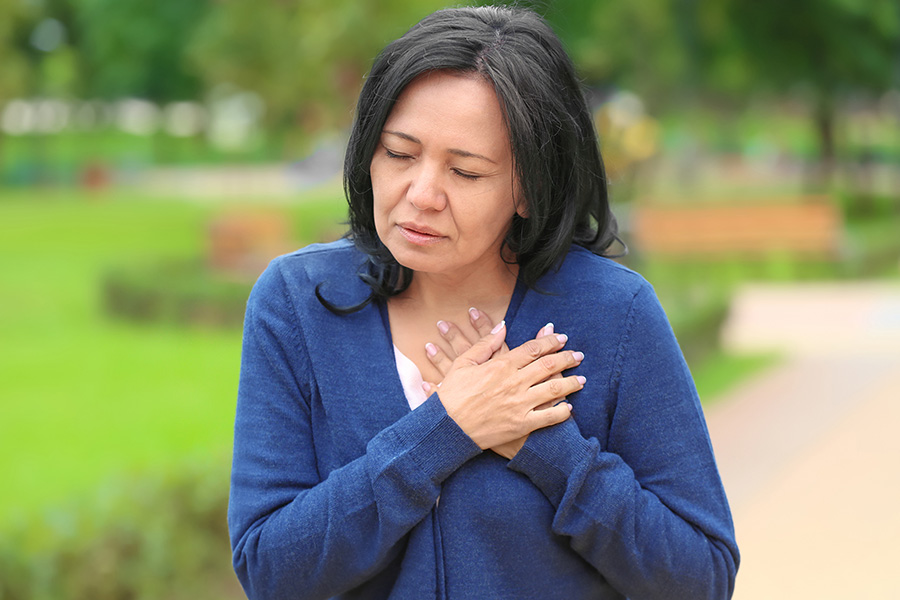By Jessica L Waddell MSN, FNP
Nurse Practitioner
Heart disease ranks as the top killer of women. In fact, heart disease and stroke account for one in three deaths per year among women – more than all cancers combined.
Since symptoms and risks can vary in men and women, understanding these differences is important to improve this alarming, often preventable, statistic.
Different heart symptoms, but just as serious
Women’s heart attack symptoms are often subtler than men’s, even passed off as heartburn or anxiety.
“Most women will simply brush their symptoms off as feeling generally tired or run down,” says Sentara nurse practitioner Jessica L. Waddell, who specializes in heart health. “They may attribute them to increased stress and believe the symptoms will go away once they eat healthier and lose weight.”
Some women ignore symptoms because they feel they’re too busy to see a doctor. They may also worry that if something is wrong, they will not be able to take care of their family or keep the household running, Waddell says.
Warning signs of heart attack in women
The classic — and hard to miss — heart attack symptom for men and women is a sharp pain or pressure in the chest that radiates down the left arm.
Women are more likely than men to suffer a heart attack while experiencing more easily dismissed symptoms, including:
- Nausea and vomiting
- Dizziness
- Pain in the back, shoulder blade or jaw
- Extreme shortness of breath
- Extreme fatigue
- Heartburn
- Feeling anxious, cold and clammy
When to call 911
If you experience these symptoms – or a combination of them, even if they come and go, it’s time to call 911. Do not drive yourself or have a family member drive you.
“While having a heart attack, some people may pass out, and you would not want to ultimately be responsible for putting yourself, your loved one, or others in danger,” Waddell says.
If your heart stops or pain becomes severe, EMS personnel can administer medication and notify the hospital of your arrival. The cardiovascular team will be ready as soon as you come through the door.
Ms. Waddell earned her master of science in nursing degree from George Washington University. As a nurse practitioner, she uses her training and skills to provide high-quality managed care for acutely and critically ill cardiac patients. She is trained to conduct numerous medical procedures and provide a wide range of diagnostic and management services for patients with heart conditions including angina, arrhythmias, heart attack, heart disease, heart failure and hypertension. Her dedication to nursing care and emotional support help to create a more calming environment for patients and their families.
